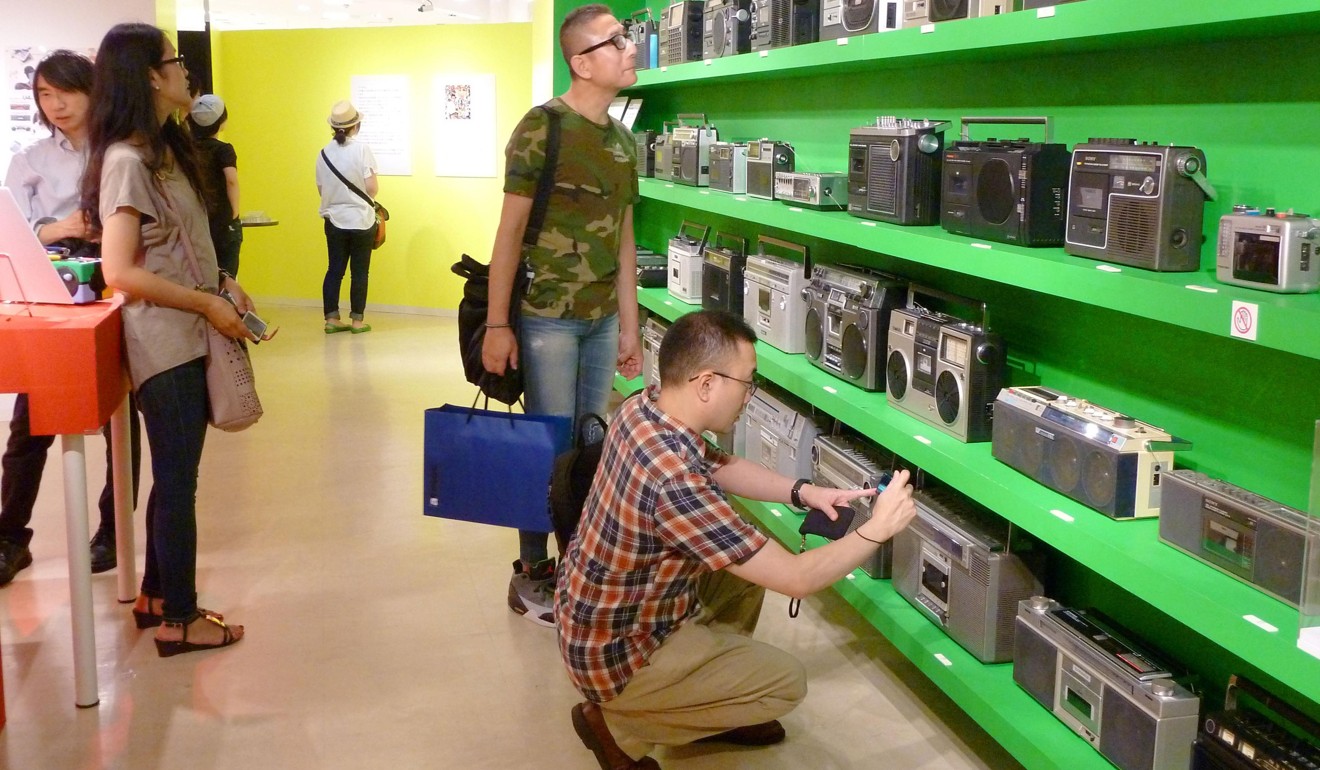
From music to cooking to shampoo, newer isn’t always better
Peter Kammerer questions the need for constant change, after a recent search for an audio cassette player reminds him of the charm – and usefulness – of consumer products now considered outdated
Japan uses a different voltage than Hong Kong and I wasn’t about to invest in converters, so left the buying until returning. Our small shops mean there is room only for what’s popular and new. But after much online searching, a store on the upper levels of iSquare in Tsim Sha Tsui had what I wanted and I bought one of the two available models. I’m now happily working my way through Rock of Fortune: Memories of Hong Kong, elderly residents’ recollections on our city from decades past, I’m guessing recorded in the 1980s.

Boom box the latest retro musical fad in Japan as millennials embrace 1970s portable players
I grew up listening to music on vinyl records, eight-track cartridges and cassettes. Our formative years and fondest memories shape our preferences later; it’s why Japanese stores have so many “old school” products. There’s a belief among some listeners, myself among them, that music produced and played digitally is sterile, lacking warmth and depth. That’s why there’s continued demand for players in markets with appreciation and space for items most of us assumed could only be found in museums now.
Getting food delivered to your doorstep? Beware of surcharges, and spoiled food, watchdog warns Hong Kong diners
New products aren’t always about improvement; they’re most often about convenience for the producer or the consumer. I long ago gave up on shaving foam, knowing the pressurised aerosol cans were environmentally damaging, but also because the alcohol in the cream they produced was too harsh on my skin. I shave as my father and grandfather did, with a safety razor, soap dish and plenty of warm water. As a child, I washed my hair with soap, the marketing machine behind shampoos and conditioners not having gotten into gear and plastic bottles still being uncommon. Looking at all the chemicals used to make them, from the containers to what’s inside them, I now know I’m doing myself and my surroundings no good with my purchasing habits, so am looking into alternatives.
Watch: Trailer for TVB’s ‘Grandpa’s Kitchen’
Peter Kammerer is a senior writer at the Post

